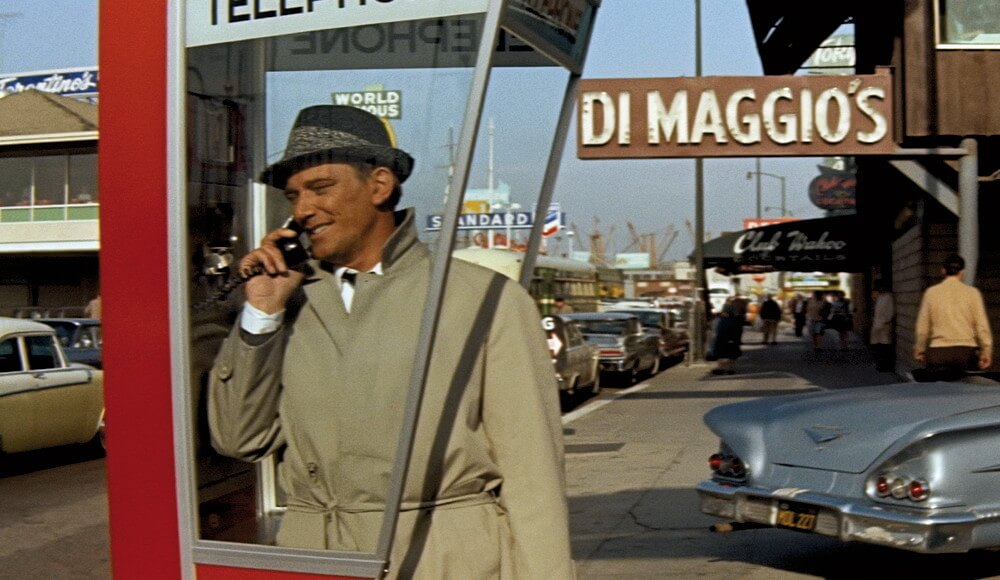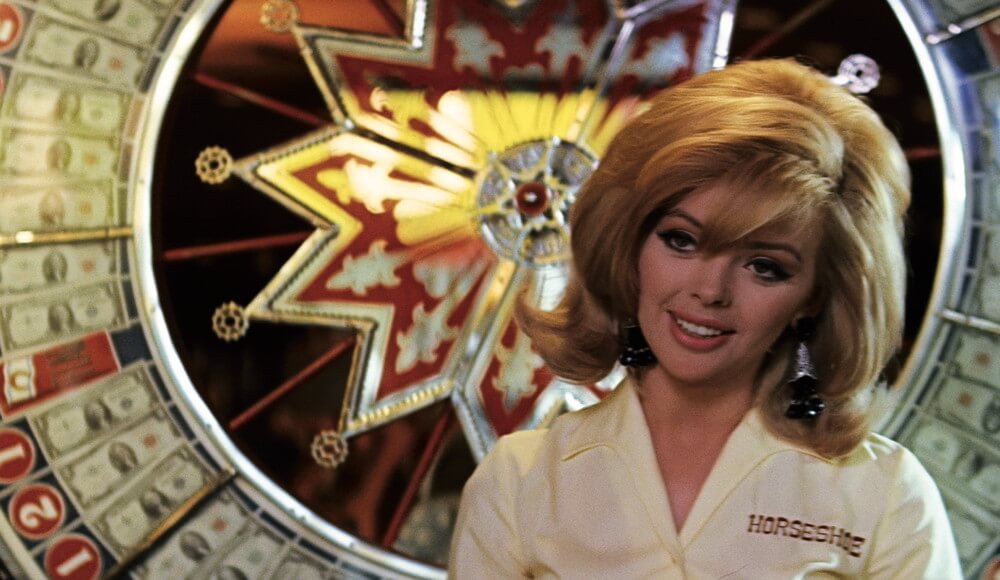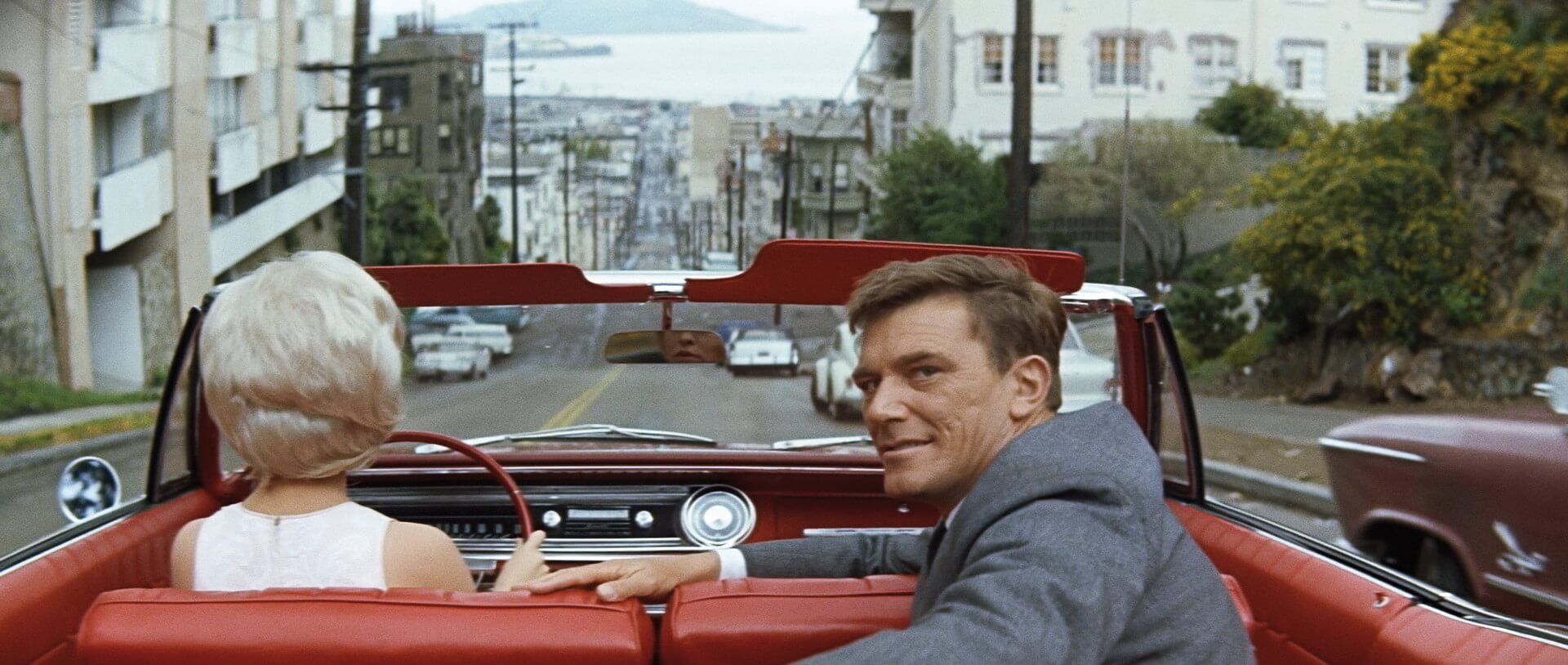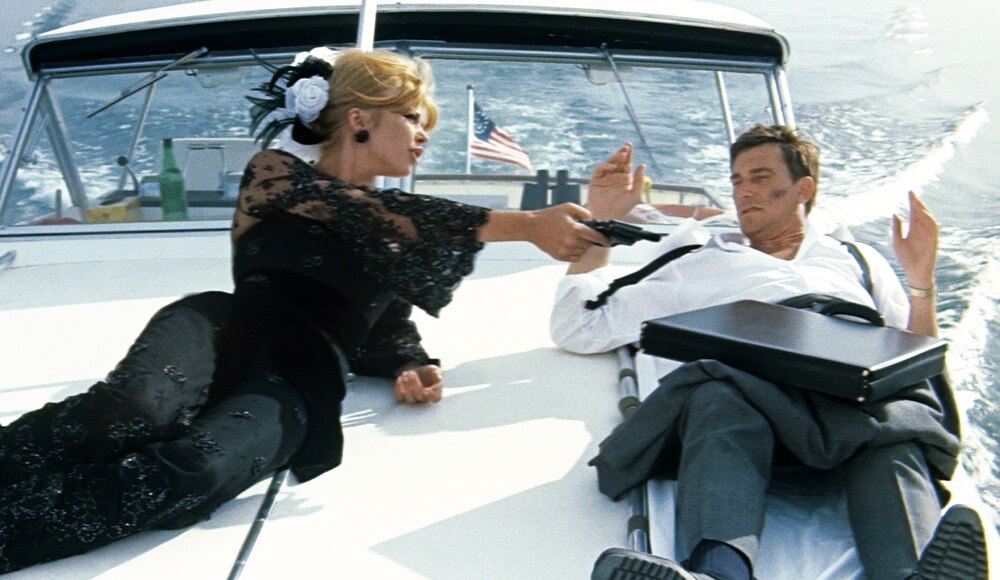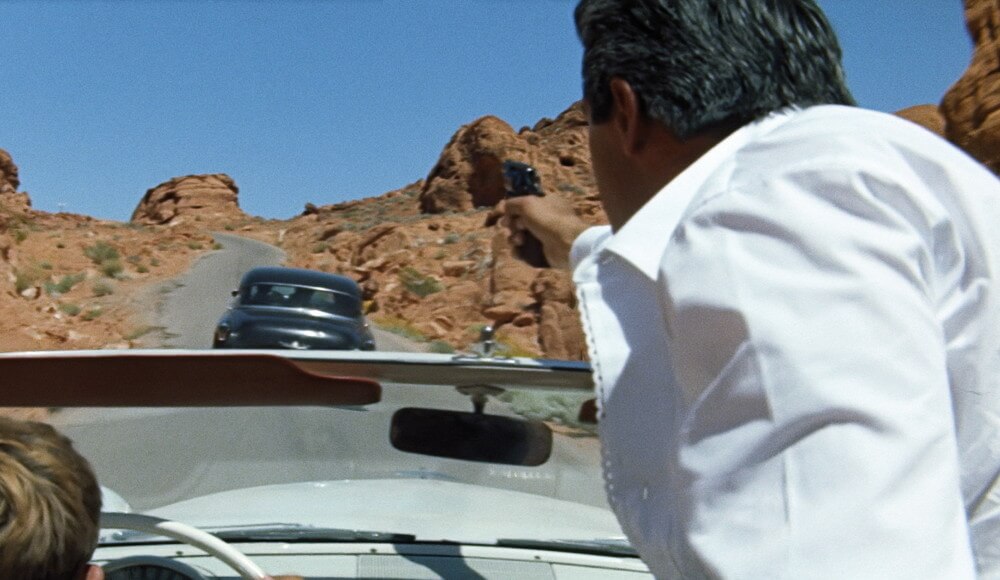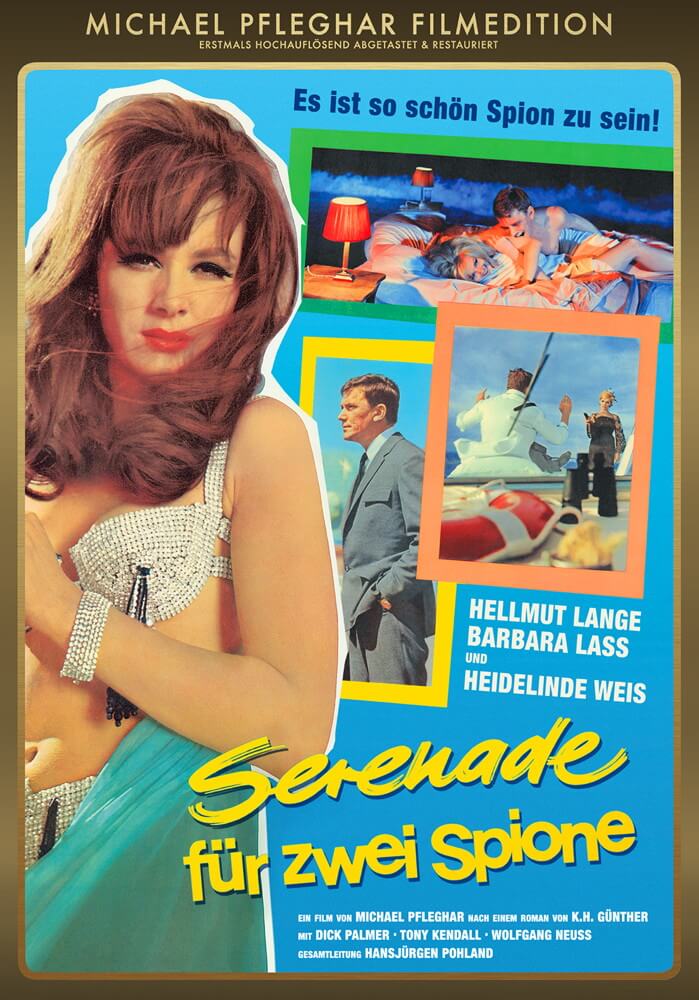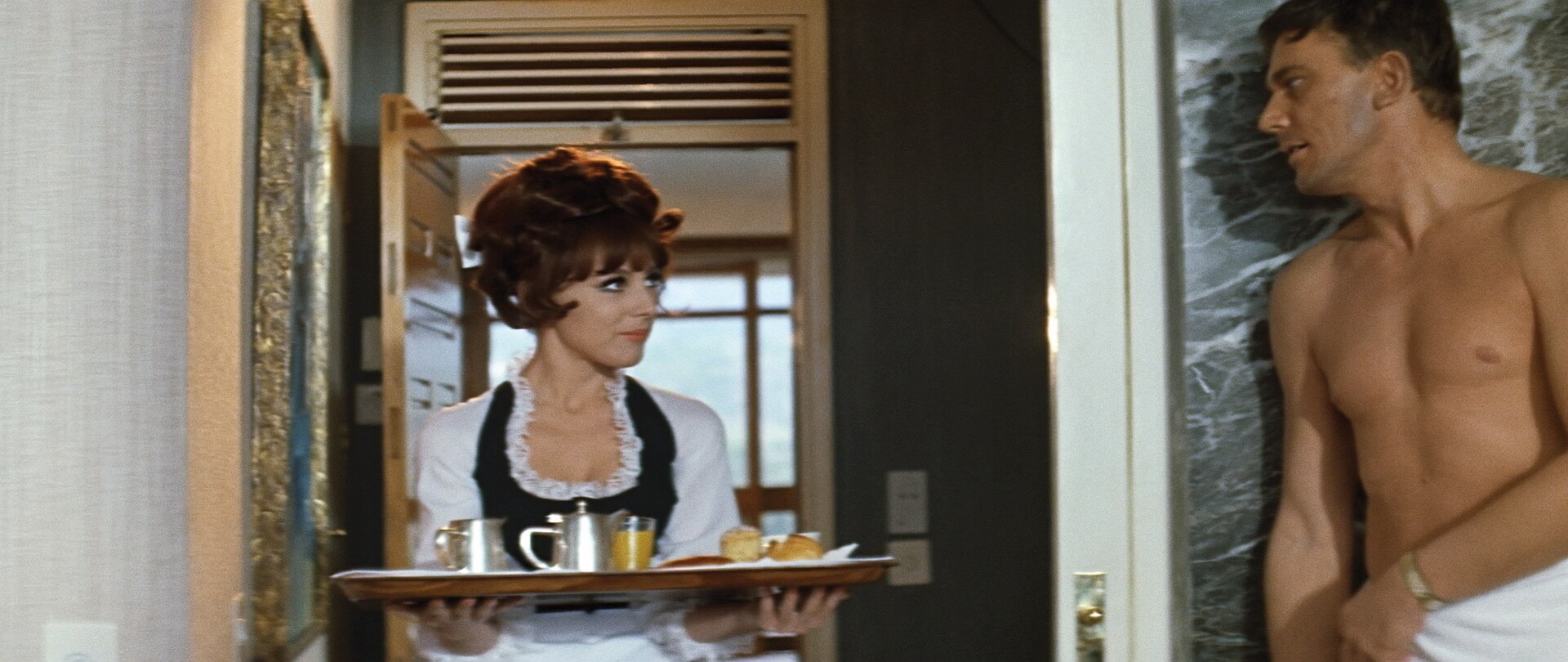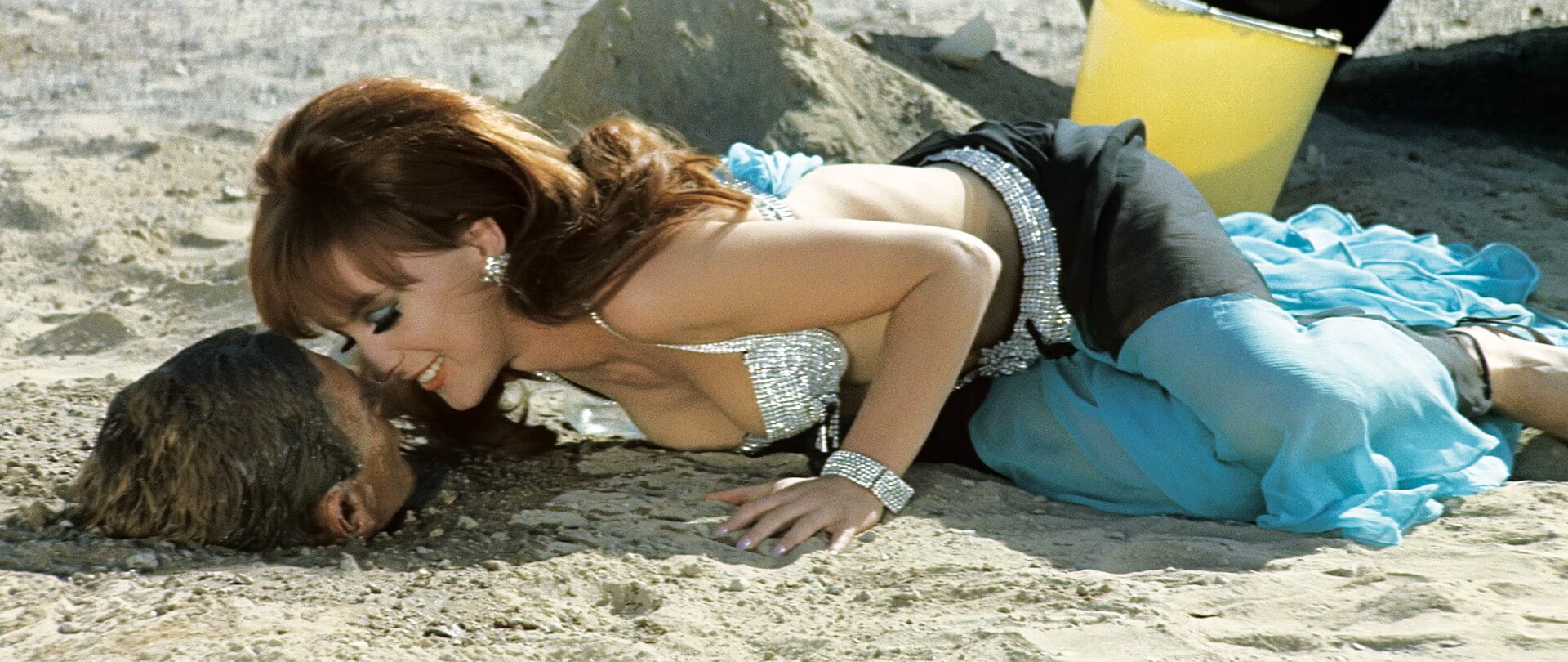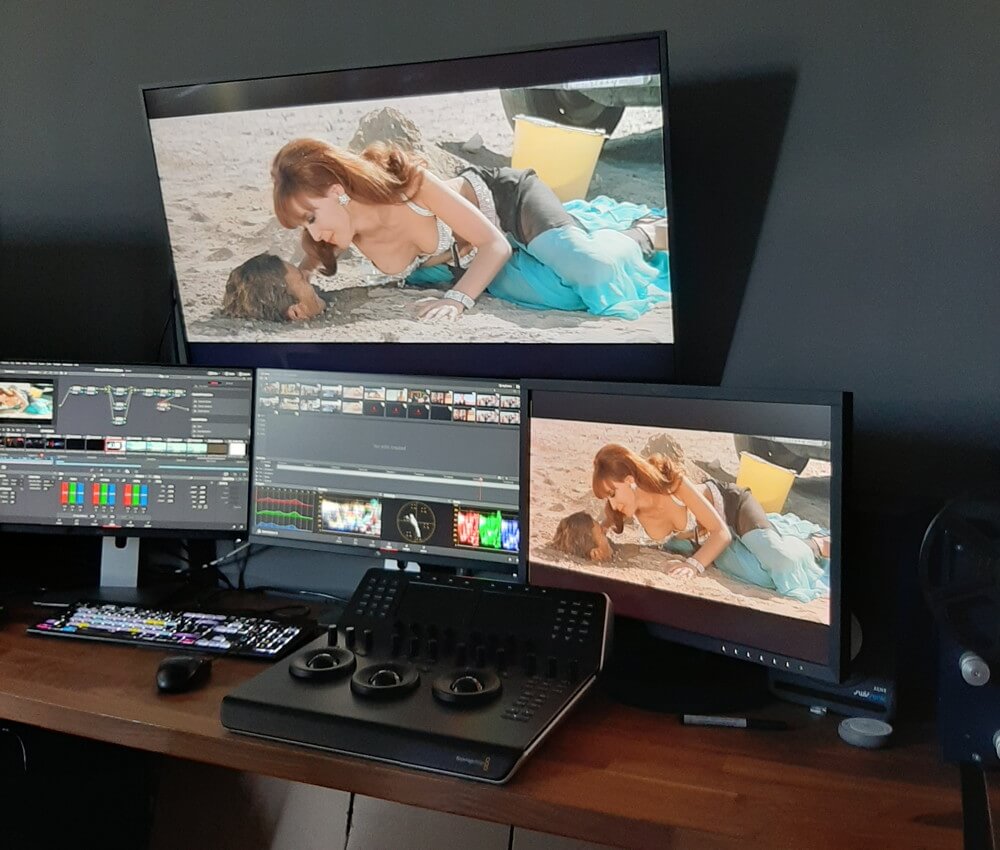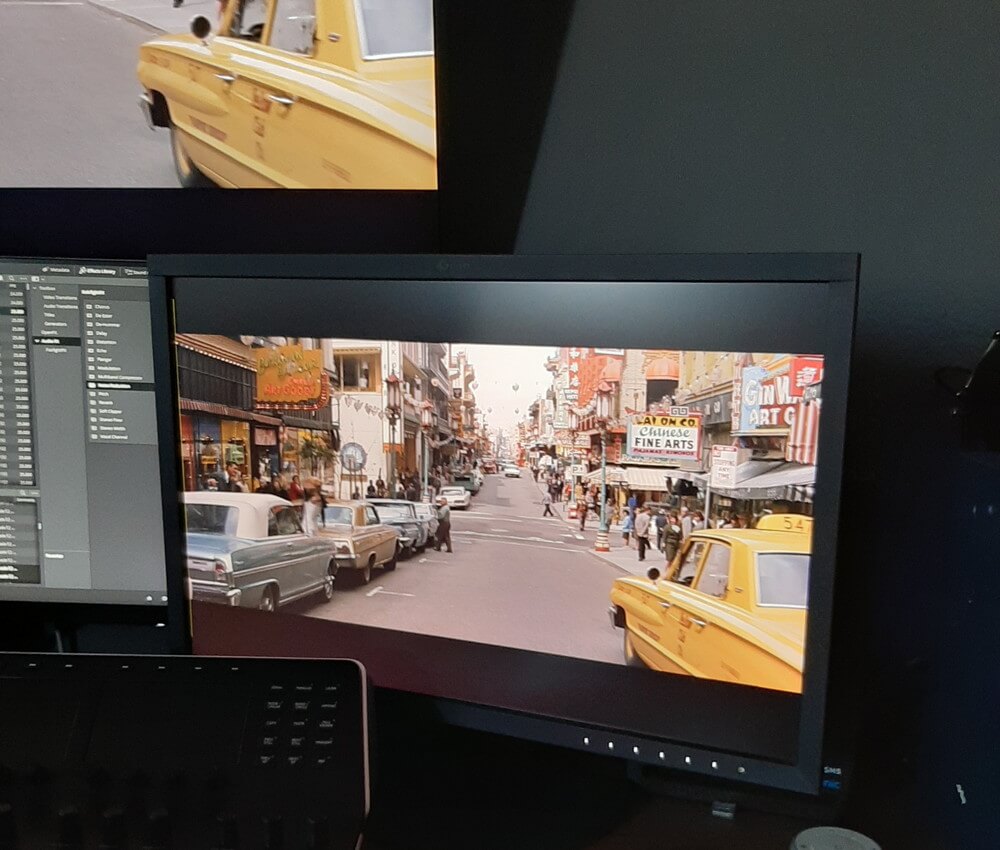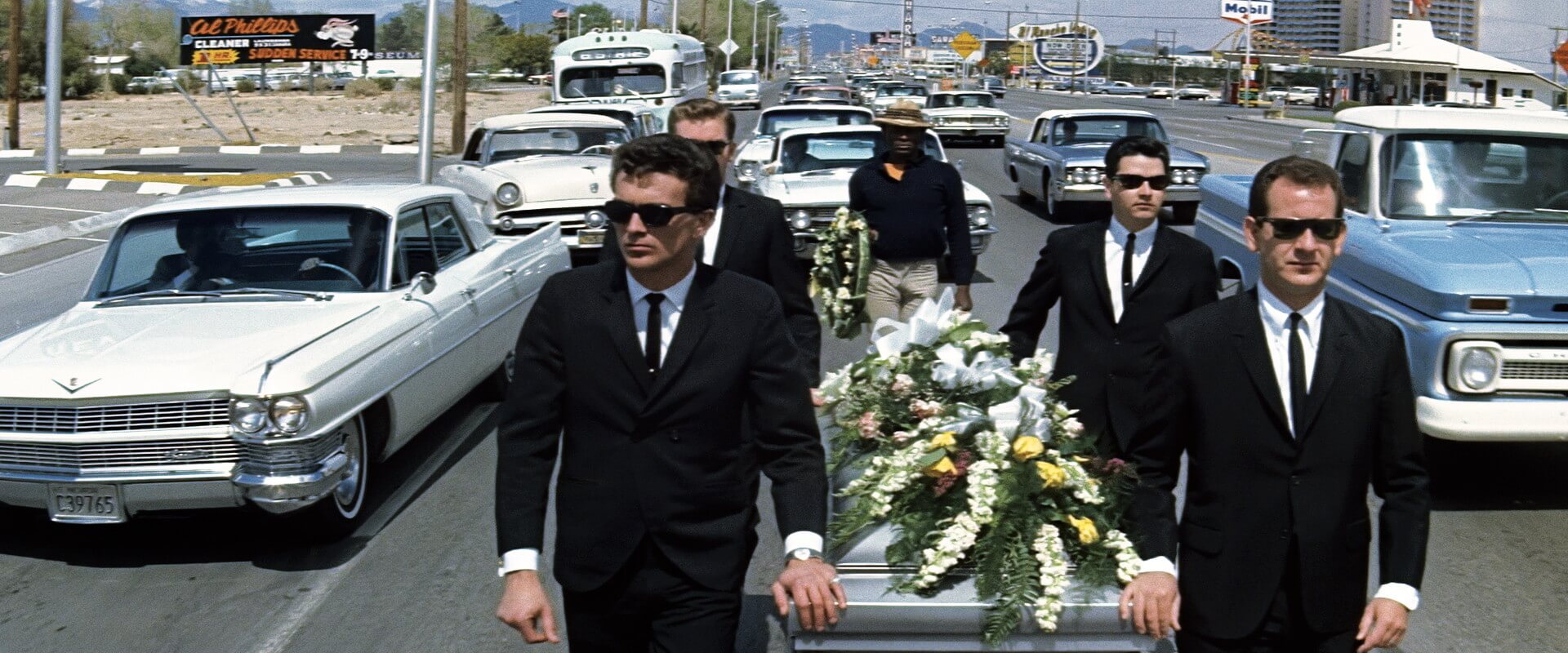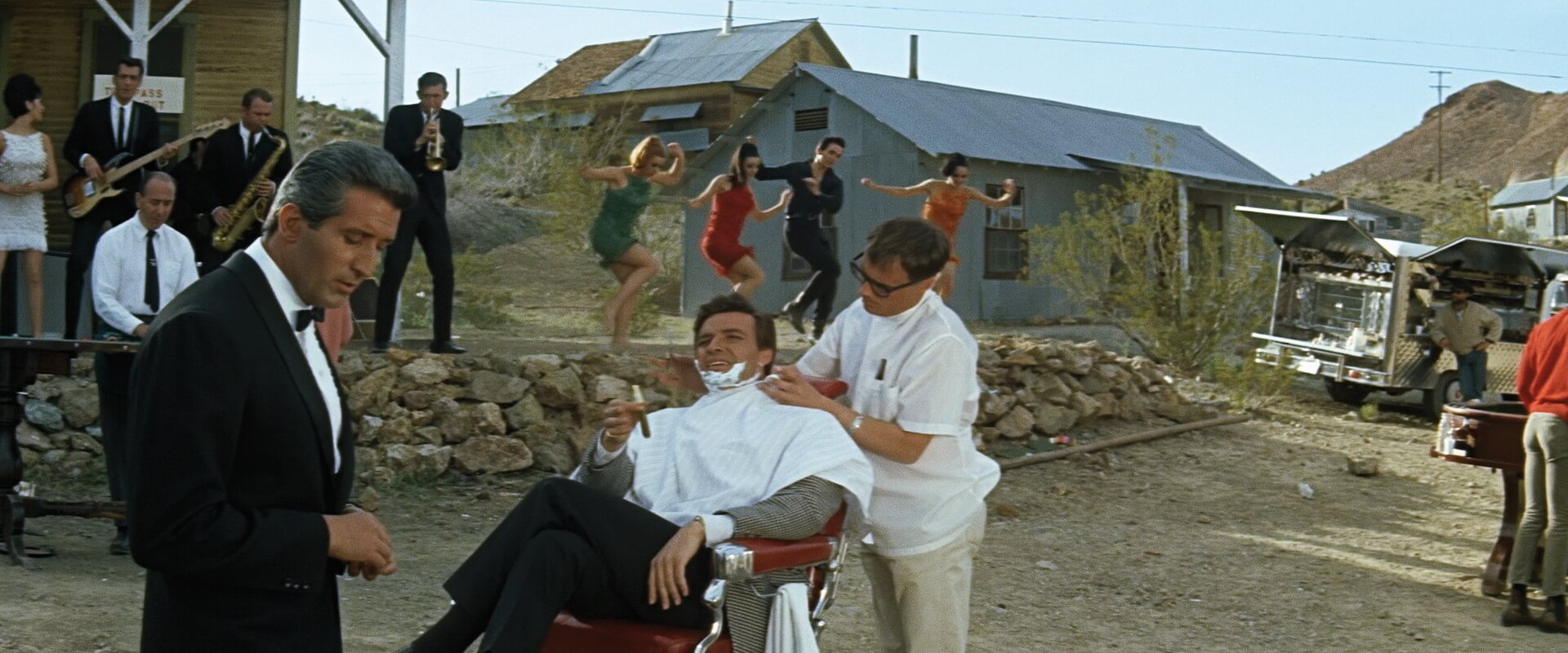Original title: Serenade für zwei Spione
Director: Michael Pfleghar
Screenplay: Klaus Munco, Michael Pfleghar
Actors & actresses: Hellmut Lange, Tony Kendall, Barbara Lass, Heidelinde Weis, Wolfgang Neuss, Mimmo Palmara, Annie Giss
Producer: Hans Jürgen Pohland
Cinematography: Ernst Wild
Techincal Departement: Jürgen Jürges
Editing: Margot von Schlieffen
Costumes: Helmut Holger
Music: Fransesco De Masi
Production companies: Matheus Film, Modern Art Films
Year of production: 1965
Genres: Thriller, Comedy
Countries: Germany, Italy
Language: German
Dubbing: English
Lenght: 87 Min
Rating: FSK 16
Aspect ratio: 2,35:1 (Remastered)
Sound Mix: Mono
Resolution: 4K (2020)
Other titles:
English: Adventures of a Secret Agent
Italian: Sinfonia per due spie
Spanish: 006 contra los pepitas
Portuguese: Agente Secreto 006 ½, Serenata para 2 Espiões, Aventuras em Las Vegas
Japanese: レーザーライフル
Filmlabel: M-Square Classics
Theatrical start: August 19, 1965
DVD start: October 16, 2020
VoD start: November 15, 2020


